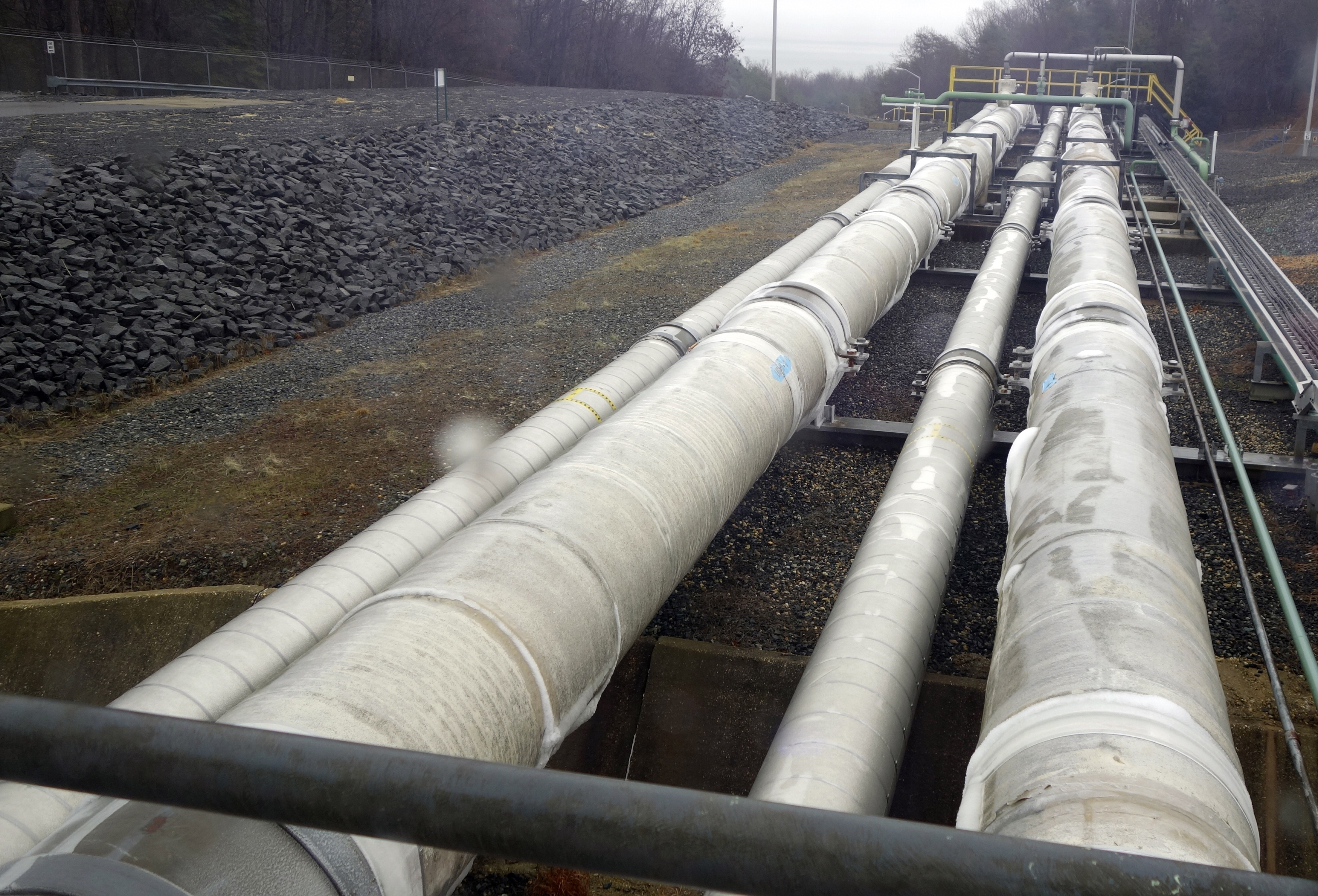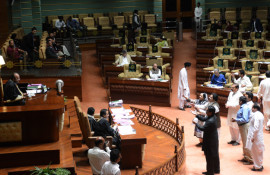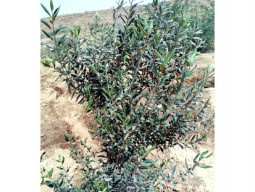
The Sindh High Court sought on Wednesday replies from the parties on a plea pertaining to the shortage of gas and suspension of gas supply in Sindh, particularly Karachi.
A two-member bench, headed by Justice Muhammad Ali Mazhar and comprising Justice Amjad Ali Sahito, which was hearing the plea, also directed the parties to ensure attendance at the next hearing.
The petitioner states in the plea that Sindh produces 68 per cent of gas supplied by the Sui Southern Gas Company (SSGC), in comparison to 19 per cent produced by Balochistan, nine per cent by Khyber-Pakhtunkhwa and four per cent by Punjab. He adds that Article 158 of the Constitution elaborates that the province producing the most of amount of gas is to be given priority in gas distribution.
Yet, Sindh is facing a severe gas crisis, laments the petitioner, moving the court to direct the relevant authorities to address and resolve the issue immediately.
The court, however, observed at the hearing that the Supreme Court (SC) had already issued a detailed verdict on gas distribution in the country.
"Therefore, the matter will be reviewed in light of the SC's verdict," stated Justice Mazhar.
The court sought replies from the Oil and Gas Regulatory Authority chairperson, SSGC and other parties on the plea, directing them to ensure the attendance at the next hearing.
Sale of acid
The same bench also sought replies from parties, including the Ministry of Interior and Sindh chief secretary, on a plea contesting the open sale of acid in markets.
According to the counsel for the petitioner, laws against the open sale of acid were framed in 2011.
However, it continues to be sold in markets, he said, adding that the SC, too, had issued a ruling on the matter.
Maintaining that acid attacks couldn't be curbed unless restrictions were places on the open sale of acid, the counsel moved the court to direct the relevant authorities to launch a crackdown against it on wide scale.
At this, Justice Mazhar asked the counsel where acid was being sold openly.
In the markets, replied the counsel.
The court, in turn, noted that acid was used in households for washing clothes and bathrooms.
But a substance that is used for causing harm to human bodies should be banned, contended the counsel.
The court made the observation that the matter fell in the jurisdiction of provincial authorities and directed the Sindh government and assistant attorney general to look into it. It also issued notices to the parties, seeking their replies on February 10.
Police Amendment Act, 2019 challenged
The same bench also directed to combine the pleas challenging the Sindh (Repeal of the Police Act, 1861 and Revival of Police Order, 2002) Amendment Act, 2019 and sought a reply on them from the Sindh government.
According to one of the pleas, the amendment allows political interference in the police department.
Terming the repealing of the Police Act, 1861 and revival of Police Order, 2002 "against the laws," the plea also dubs Articles 13 and 15 of the Sindh Police Amendment Act, 2019 "unlawful." The plea further contends that peace and security cannot be maintained unless the police department is free from political interference.
At the hearing, the counsel for the petitioner told the court that the Sindh government had not submitted a reply on the plea yet.
Following that, the additional advocate general sought more time from the court to submit the provincial government's reply.
Irked by the request, Justice Mazhar remarked, "The plea challenges the law, but you seem to be taking the matter lightly."
Directing that all pleas challenging the act be combined, the court sought the Sindh government's reply on the matter.
Published in The Express Tribune, January 14th, 2021.

1731325890-0/trump-(24)1731325890-0-405x300.webp)


1720507435-0/BeFunky-collage-(26)1720507435-0-165x106.webp)













COMMENTS
Comments are moderated and generally will be posted if they are on-topic and not abusive.
For more information, please see our Comments FAQ